Experts Warn Against These 5 “Dangerous” Mistakes When Taking Supplements

Supplements can be a useful weapon in your wellness arsenal—but there are caveats. “The truth is, supplements can be harmful when they are not medically necessary or provide no therapeutic benefit,” says Lisa Marsh, MS, RD, LD, CNSC, via Baylor Scott & White Health. “There is also the risk of interactions, which can cause any medications you’re taking to lose their effectiveness, or cause unwanted, even harmful side effects. Supplements can also be tainted with many hidden dangerous substances such as pesticides, heavy metals, bacterial contamination, herbicides, banned substances and even prescription medications.” Here are 5 dangerous mistakes to avoid when taking supplements, according to experts.
RELATED: 9 Supplements That Can Damage Your Stomach, Doctors Say.
Unregulated Supplements
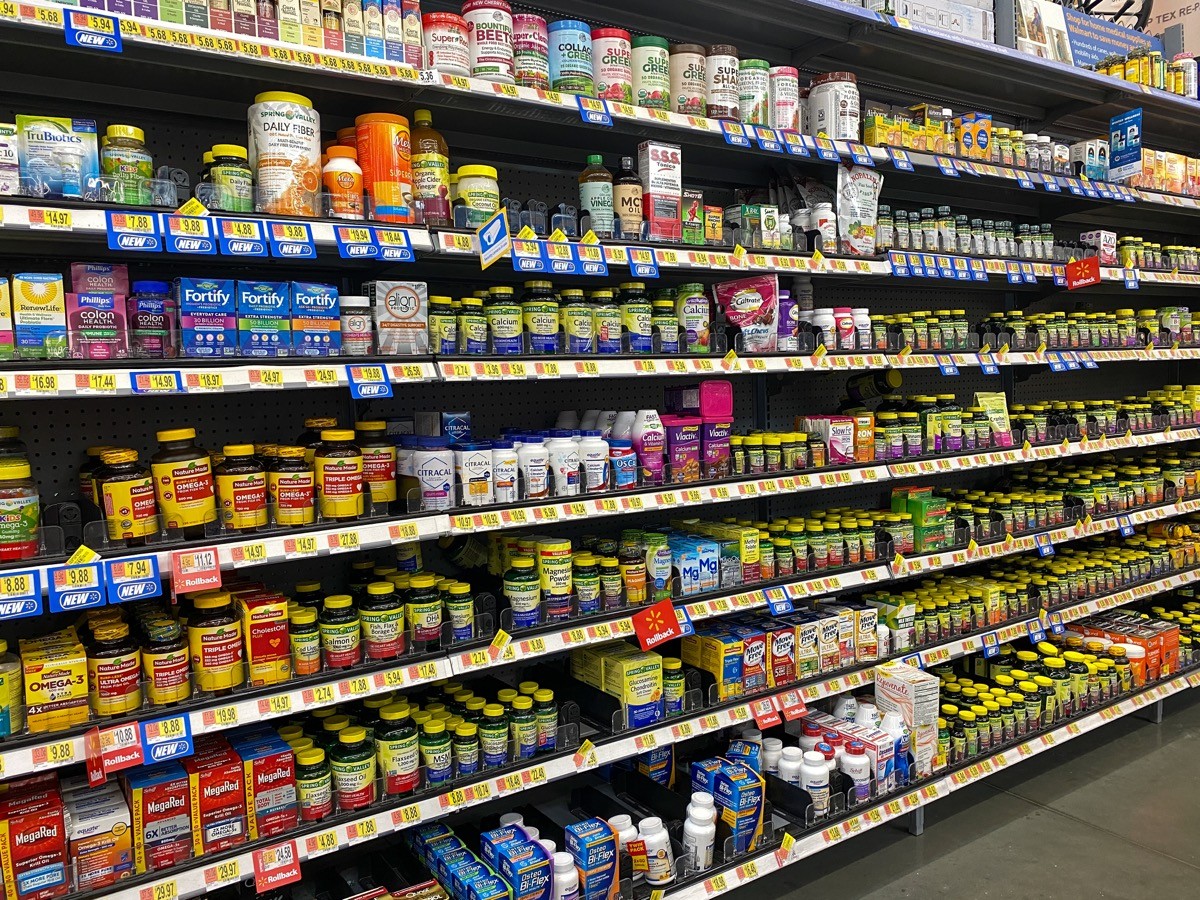
The FDA counts supplements as food, not medicine, which can make it difficult if not impossible to know what’s really in that pill. “Supplements are handled completely different than either prescription medications or over-the-counter drugs,” Dr. Pieter Cohen, general internist with the Cambridge Health Alliance and associate professor at Harvard Medical School, tells CBS News. “Those two categories are carefully vetted by the FDA. Supplements are not vetted by the FDA, and do not require that any evidence of safety or efficacy is presented to the agency before they are sold to consumers… Over the past decade, ever since I first began tracking the problem, I have only seen the number of supplements adulterated with drugs increase rapidly.”
Caffeine Pills Can Be Toxic
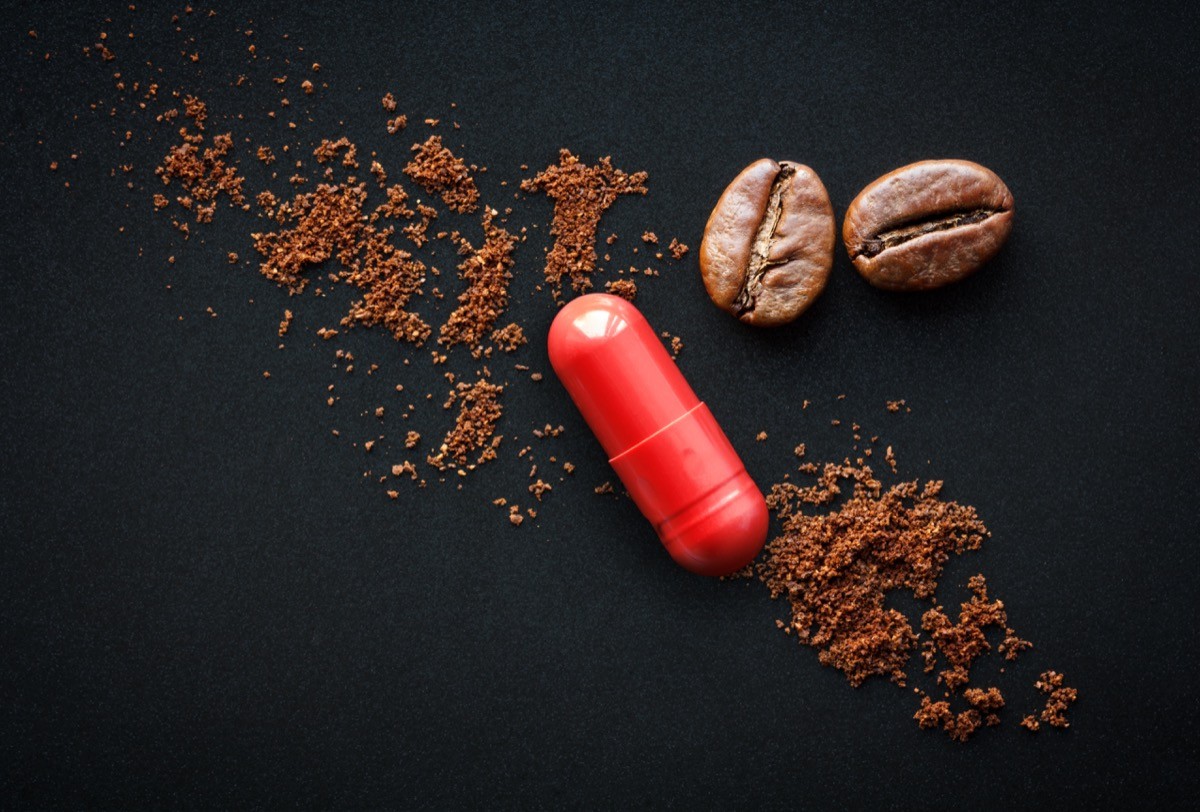
Caffeine pills can cause harm, experts warn. “Pure and highly concentrated caffeine products present a significant public health threat and have contributed to at least two deaths in the United States,” says the FDA. “In recent years, dietary supplement products consisting of pure or highly concentrated caffeine in powder and liquid forms have emerged on the market. These products are often marketed in bulk packaging with up to thousands of servings per container, requiring the consumer to measure out a safe serving from what can be a toxic or even lethal amount of bulk product.”
Prescription Drugs and Supplements
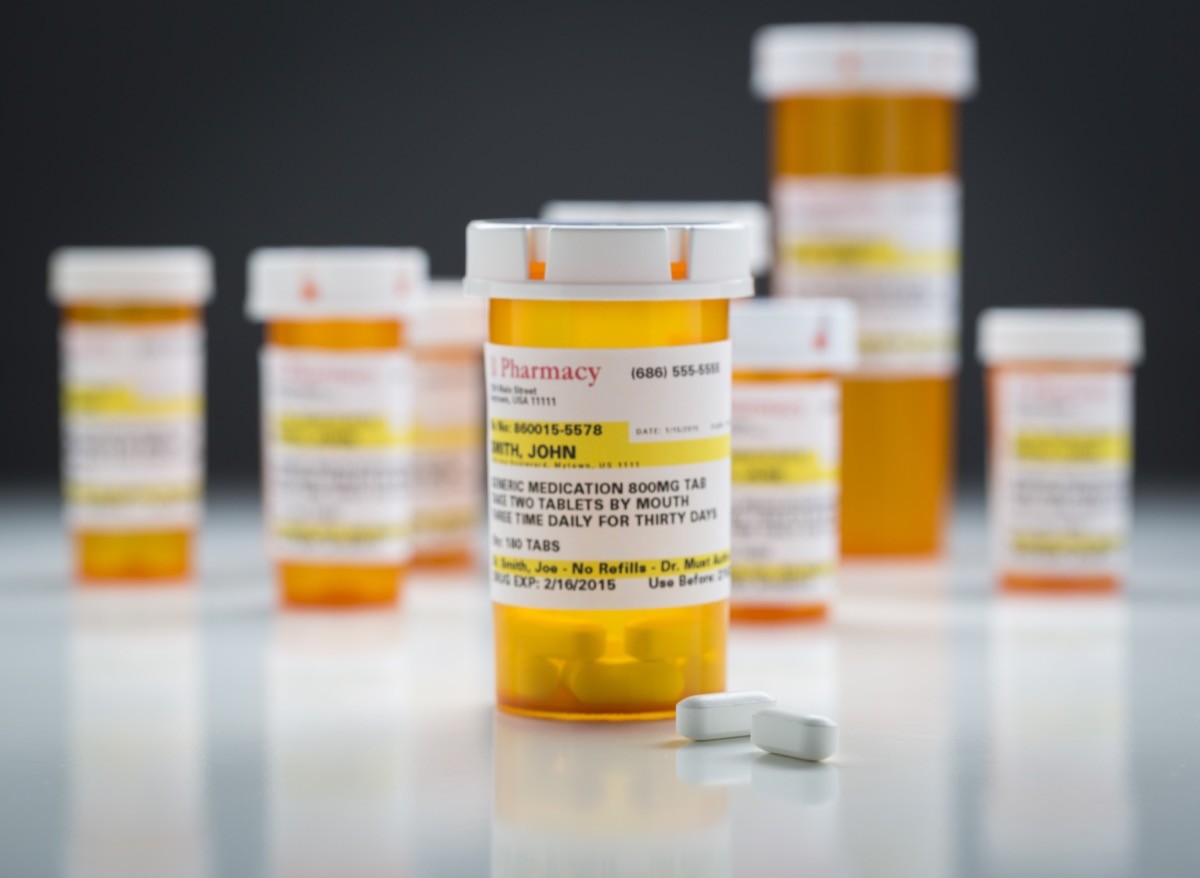
Some supplements can negatively impact the efficacy of prescription drugs such as antidepressants. “Garlic, ginger or ginkgo extracts could potentially interact with blood thinners and increase the risk of bleeding,” internal medicine specialist Ronan Factora, MD, tells the Cleveland Clinic. “And St. John’s Wort is commonly taken for depression, but it can interact with other antidepressants being taken at the same time. Speaking with your doctor can help determine potential interactions. Often, asking the pharmacist about any specific concerns you have about a new supplement is worthwhile, too. It’s always better to be safe than sorry.”
RELATED: 6 Supplements You Should Never Take If You’re Over 60, Doctors Say
Fat-Soluble Vitamins
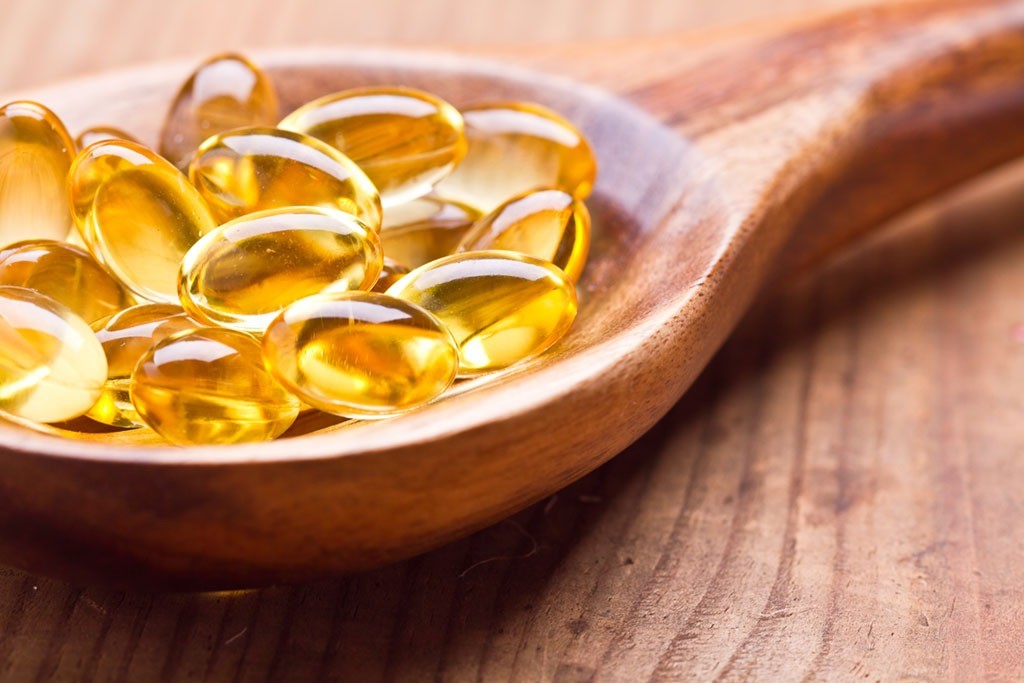
Be careful of fat-soluble vitamins such as vitamins A, D, E, and K—they can be dangerous if you take too much. “There are some supplements that can cause harm, so you have to be aware of what you’re taking,” Renee Miranda, MD, tells The Ohio State University Wexner Medical Center. “There are water-soluble and fat-soluble vitamins. Water-soluble vitamins have less tendency to cause harm because we can flush them out of the system with water, while fat-soluble vitamins are absorbed slowly and stored longer. Unless you’re working out all the time and using those fat stores, there’s more of a chance to build up toxic levels.”
Supplements That Interact With Blood Thinners
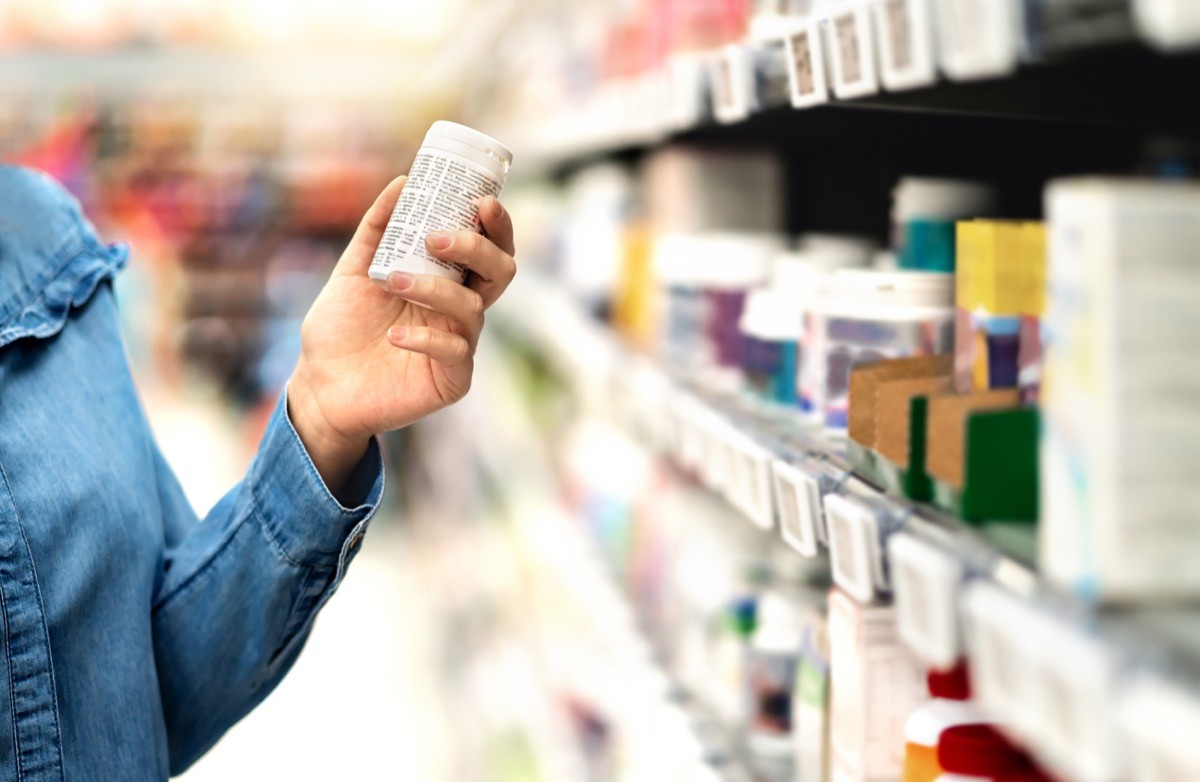
“Vitamin K, which is found in leafy greens, plays a role in your body’s blood clotting process. People who are on blood thinners need to have stable vitamin K levels. A sudden increase in vitamin K through diet or a supplement can decrease the effectiveness of blood thinners,” warns Dr Miranda. “We also need to keep an eye on vitamin B6. Too much vitamin B6 may cause neurological symptoms, like tingling in the feet and numbness.”